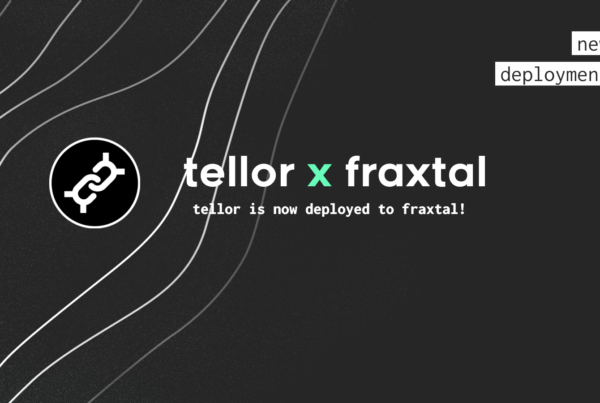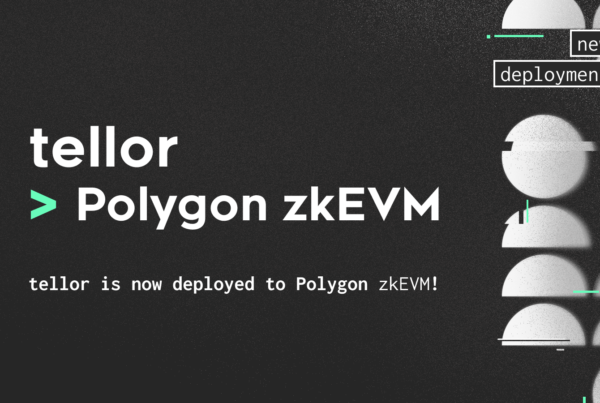-
Liquity, an immutable and decentralized borrowing protocol, has integrated Tellor’s oracle into their system.
When we set out to write our piece on oracle best practices, which presents concepts like “Assume your oracle can fail”, and “Know the cost to break,” we intended to set the tone for how we felt the oracle space would be best fit to thrive in a robust fashion. From day 1, our goal was never to be the one oracle to fit all use-cases, but instead to focus on a set of things we know we could do very well: get data on-chain in a censorship-resistant manner with crypto-economic incentives that keep the system unstoppable. Ultimately we are a part of a larger community of oracles collectively striving to provide a liquid enough flow of secure data for protocols to take advantage of. A great example of a project that aligns with our best practices article, is Liquidity Protocol.
Liquity is a fresh new take on lending defined by it’s 0% interest rate and stability pool mechanism. If you haven’t heard of them yet, we highly recommend digging into their docs as they are truly groundbreaking on a number of fronts. Not only is Liquity completely immutable as a protocol since its launch, but the front-end is an ecosystem that is community curated.
The aspect we’d particularly like to highlight in this article is their oracle setup. While Chainlink was already slated to be their primary oracle, when they reached out to us as their preferred fallback option, we saw it as a great opportunity not only to be used in a completely decentralized & immutable protocol, but in an instance that aligned with our belief system for how oracles should be treated.
Liquity’s operations rely heavily on a fresh and accurate ETH/USD price feed, and as such, the potential of their primary oracle having down time had to be accounted for. To solve this issue, they built a dual-oracle design that uses ETH/USD data from one oracle and switches to the fallback if some parameters are triggered. Once conditions return to a state of normality, the system switches back to the primary.
“What’s unique in Tellor’s case as a fallback is that, assuming there is a failure of the primary oracle, our system allows for all interested parties to manually tip the Tellor to ensure fresh data is available. All the while providing the crypto-economic security guarantees of our dispute mechanism.”
— Rick Pardoe, cofounder and lead engineer of Liquity
For more info read: Price Oracles in Liquity. This dual-oracle design marks not only a great moment for Tellor, but for the oracle landscape as a whole. And to that, we couldn’t be more happy the Liquity team chose to bring us along for the ride.



